
Abo Jawad … the last man
أبو جواد… الرجل الأخير
في وسط سوق المنامة، السوق التقليدية الأكبر في جزيرة البحرين، حيث أغلب البضائع المباعة أصبحت مستوردة، بعد التغيير الذي دفع به اكتشاف البترول في مطلع الثلاثينيات، في هذا السوق، يوجد محل دون لافته، يعود للحاج حبيب الصفار، هذا الصفار – الصفار هي وظيفة تراثية تتضمن تطويع الحديد كأواني منزلية – ذو الثلاثة و الخمسين عام ترك المدرسة في السبعينات، ليقف بجانب والده في إدارة هذا المحل، على الرغم من ميل جيل السبعينات لاتخاذ وظائف أكثر حداثة و أكثر جدوى حينها.
اليوم يقف حبيب على أنه الصفار الأخير في البحرين كما يبدو، فهو يفتح محله كل صباح، يمضي فيه العديد من الساعات في تشكيل و تطويع الحديد، حتى المساء، في عمل لا يوقفه إلا صوت الأذان، أو مرور الزائرين بالمحل، الذين ليسوا بالضرورة زبائن، فهذا المحل أضحى منتدى لبعض الأصدقاء، الذين يمرون لشرب الشاي و الحديث عن أيامهم.



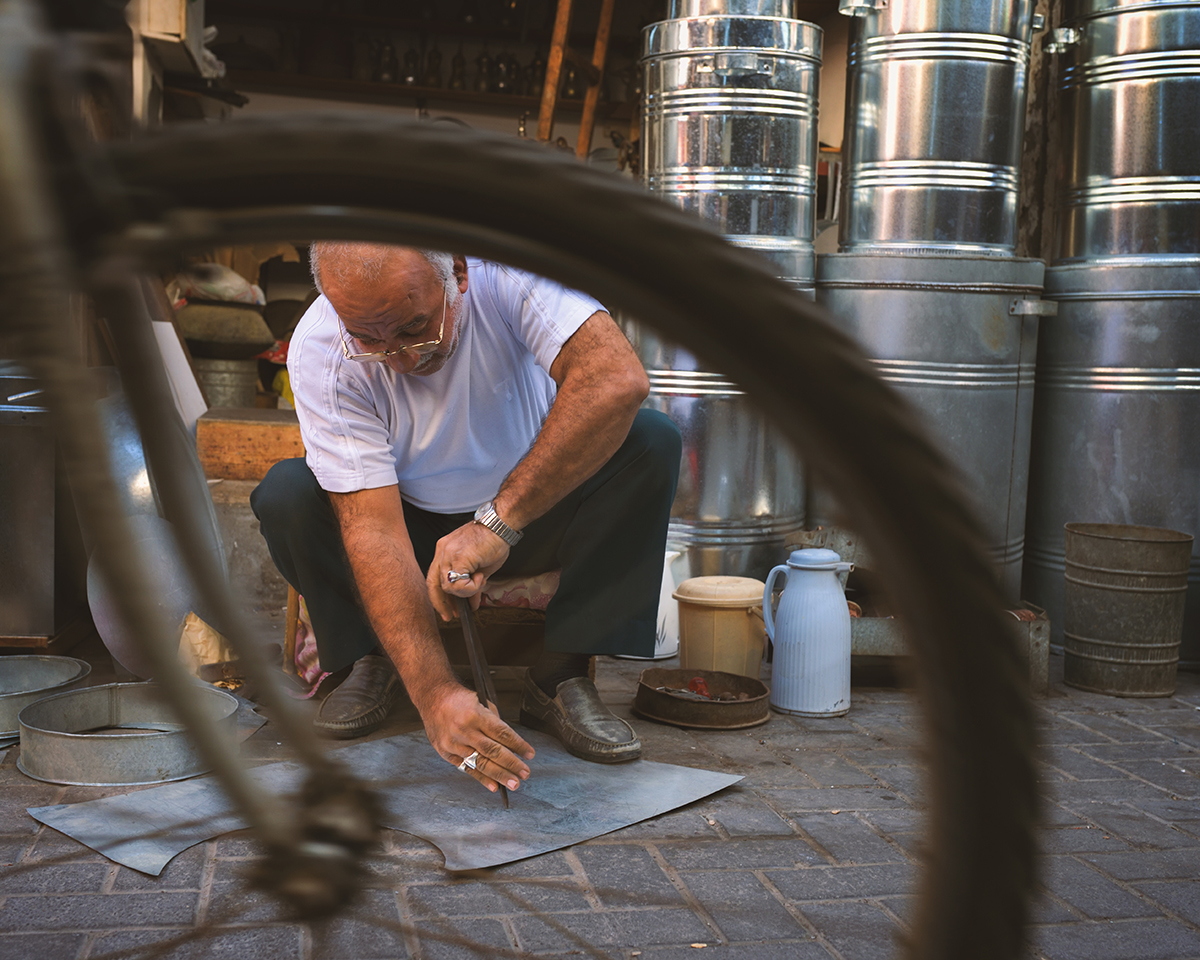
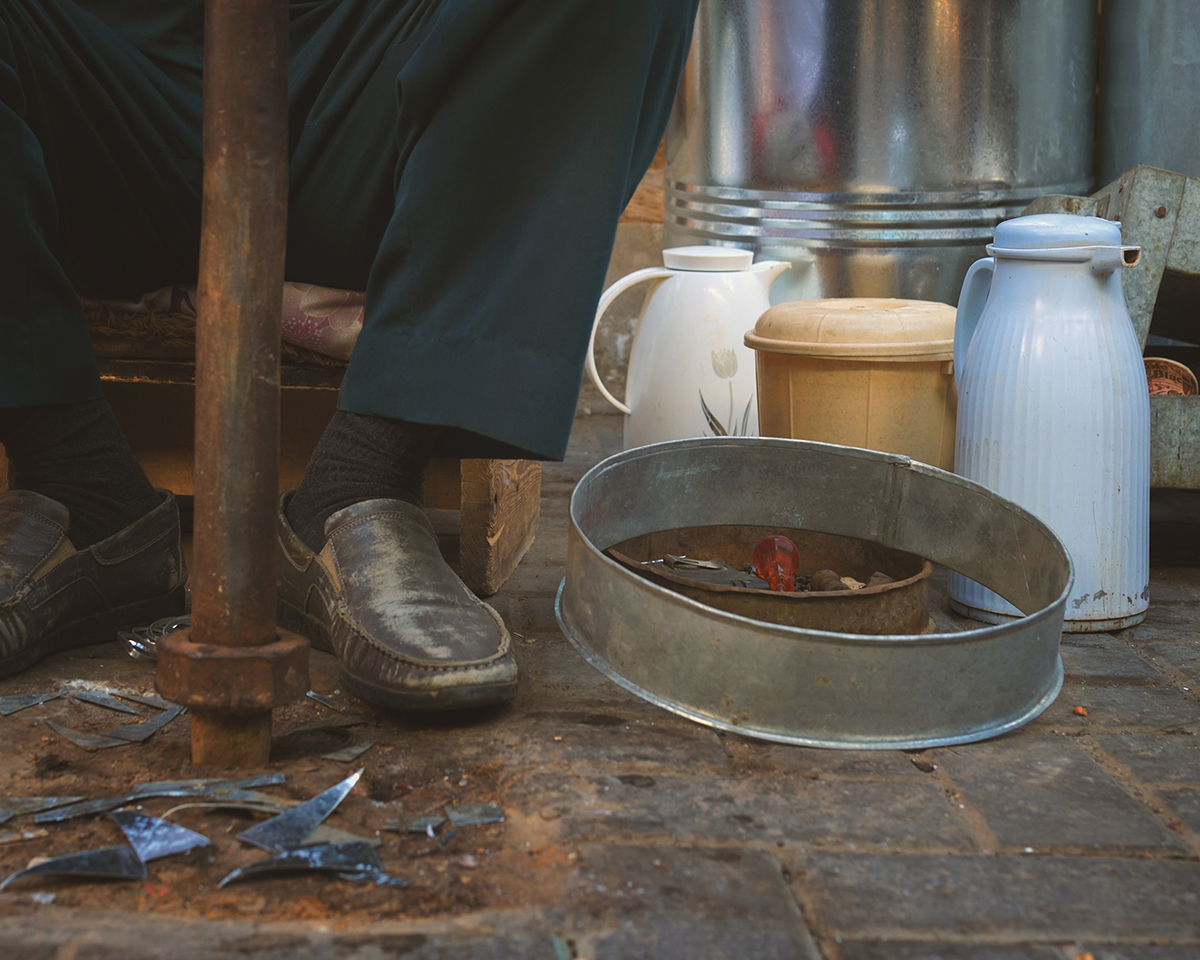
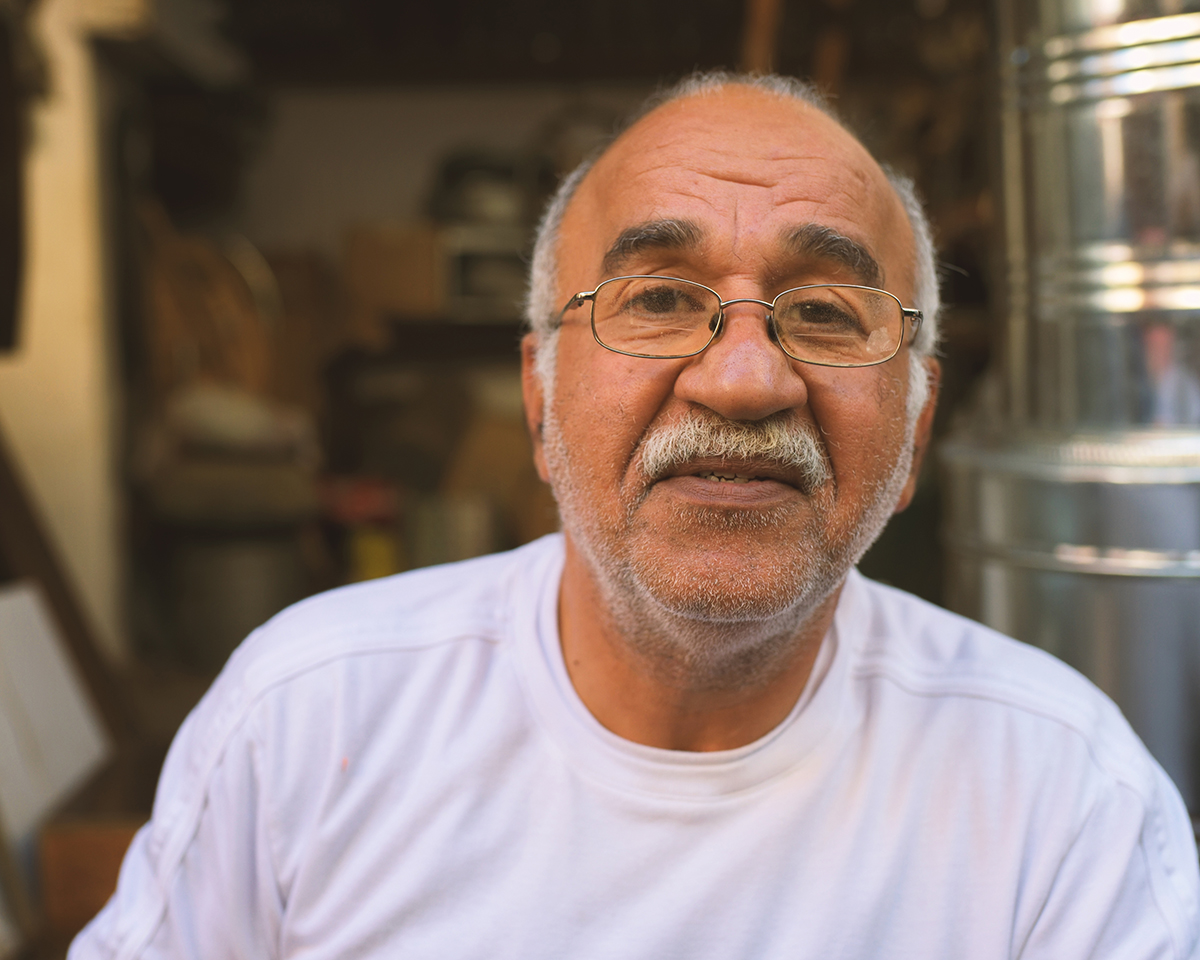
بدون دعم حكومي أو أهلي، لا يمكن لحبيب أن يعتمد على مدخول المحل لاثراء حياته، المدخول الذي أصبح ضئيل للغاية هذه الأيام، في الواقع، أصبح حبيب يستثمر ماله الخاص، وقته و جهده، من أجل الحفاظ على استمرارية المحل في العمل، مما اضطره للعمل في وظيفة أخرى خلال العقدين المنصرمين، تلك الوظيفة التي يعيش على راتبها التقاعدي اليوم، ليعطي كل وقته للمحل.
جدار هذا المحل، زواياه التي تحمل عبق الذكريات، القصص و أحداث الحياة التي تتابعت عبر أجيال عائلة الصفار، هذا المحل أصبح جزءًا من العائلة، جزءً من الهوية، جزء لا يمكن لحبيب تركه بسهولة ليمضي في حال سبيله مع الجموع.
لقد أخبرني ذات مرة: “هذا مكان أبويي، هذا تاريخ، حرام عليي أخليه يروح!”
In the middle of Manama souq, the traditional marketplace in Manama, capital of the tiny gulf island Bahrain, where nowadays the vast majority of products are imported- a change driven by oil discovery in the 30s- stands the nameless old shop of Habib Alsaffar. The 53 years old “SAFFAR” – a traditional job title given to people who produce house wares from iron and other metals- left school in the 70s to stand beside his father in their ancestors shop; in spite of the 70s youth tendency to take a more modern more rewarding jobs.
Today Habib is the last and only SAFFAR in Bahrain. He opens his shop every morning to spends hours modeling and shaping sheets of iron into house wares until the evening, nothing stop him except calling for prayers or his daily visitors who are not necessarily customers, friends pass by to drink couple cups of tea and chat a little about their day.






Without any governmental or social support, Habib can’t depend on the shop’s profit- which is almost non-exiting especially nowadays- to make a living. Actually the exact contrary is the truth, He have to invest time and money to keep it up and running, that’s why he had to take another job for the last 2 decades. Today he lives on the retirement salary and work in the shop fulltime.
As it holds so many memories between its walls, as a part of his family history and tradition, basically part of his identity he couldn’t leave it and move on with the rest of us.
He told me once : “this is my father’s place, this is history, it’s a sin to let it go!”

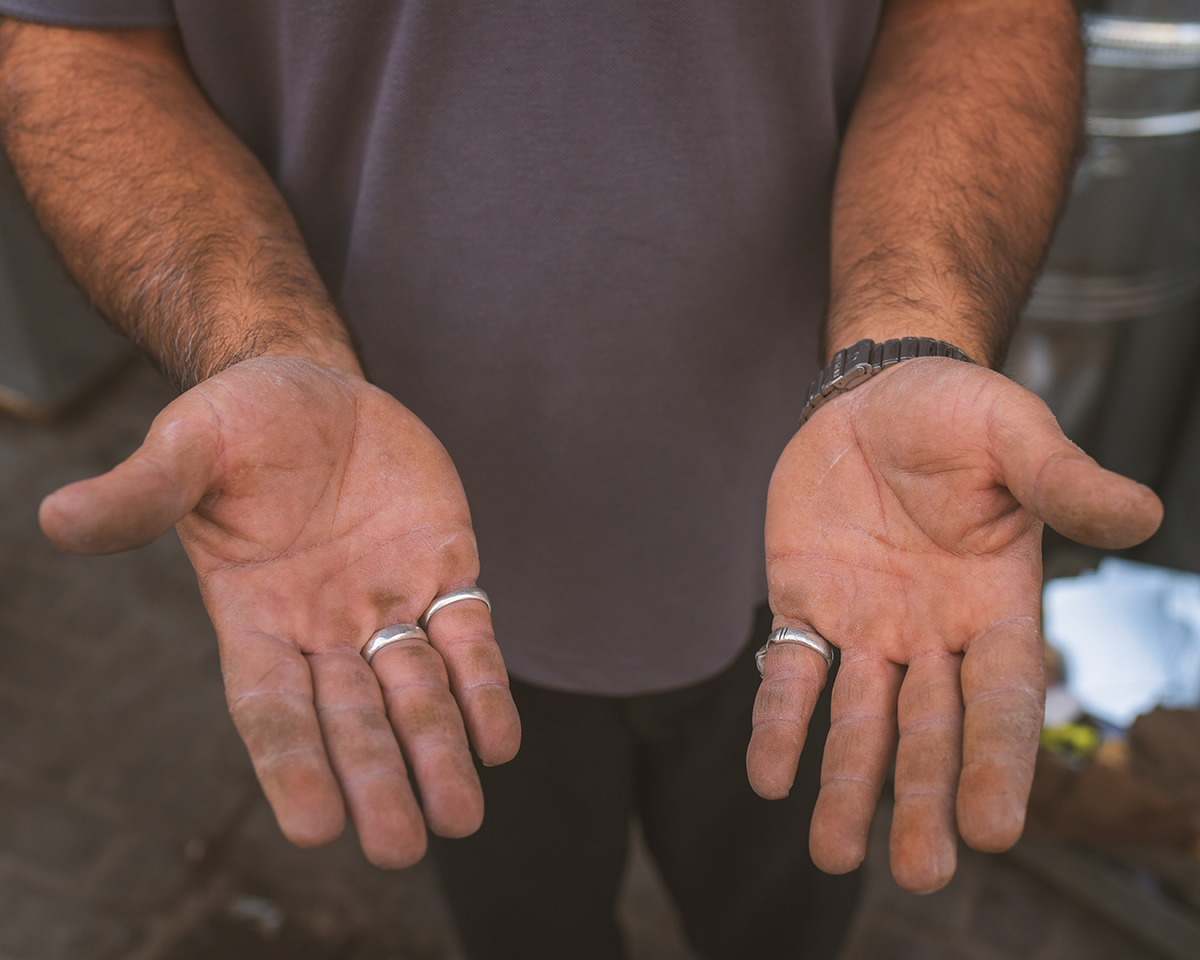
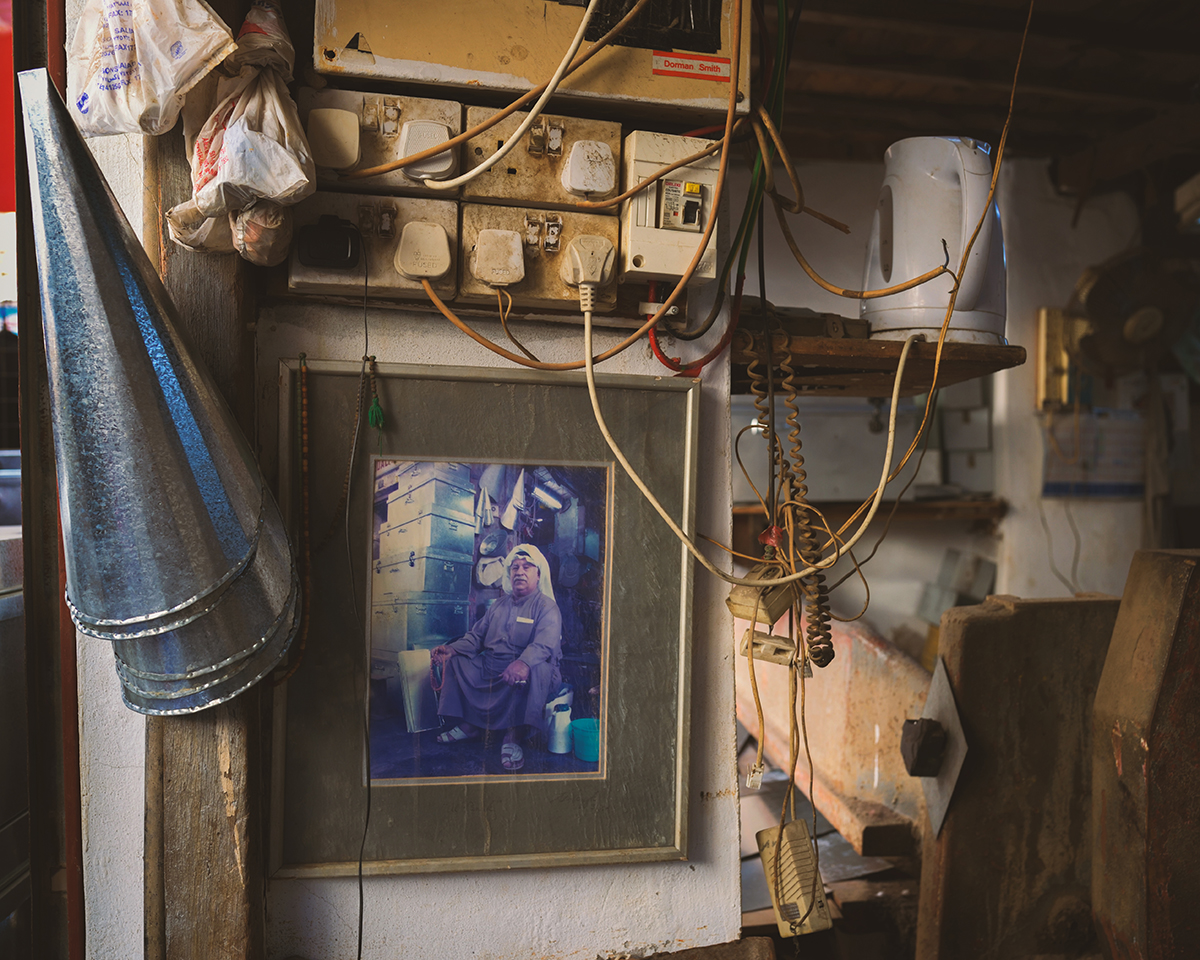
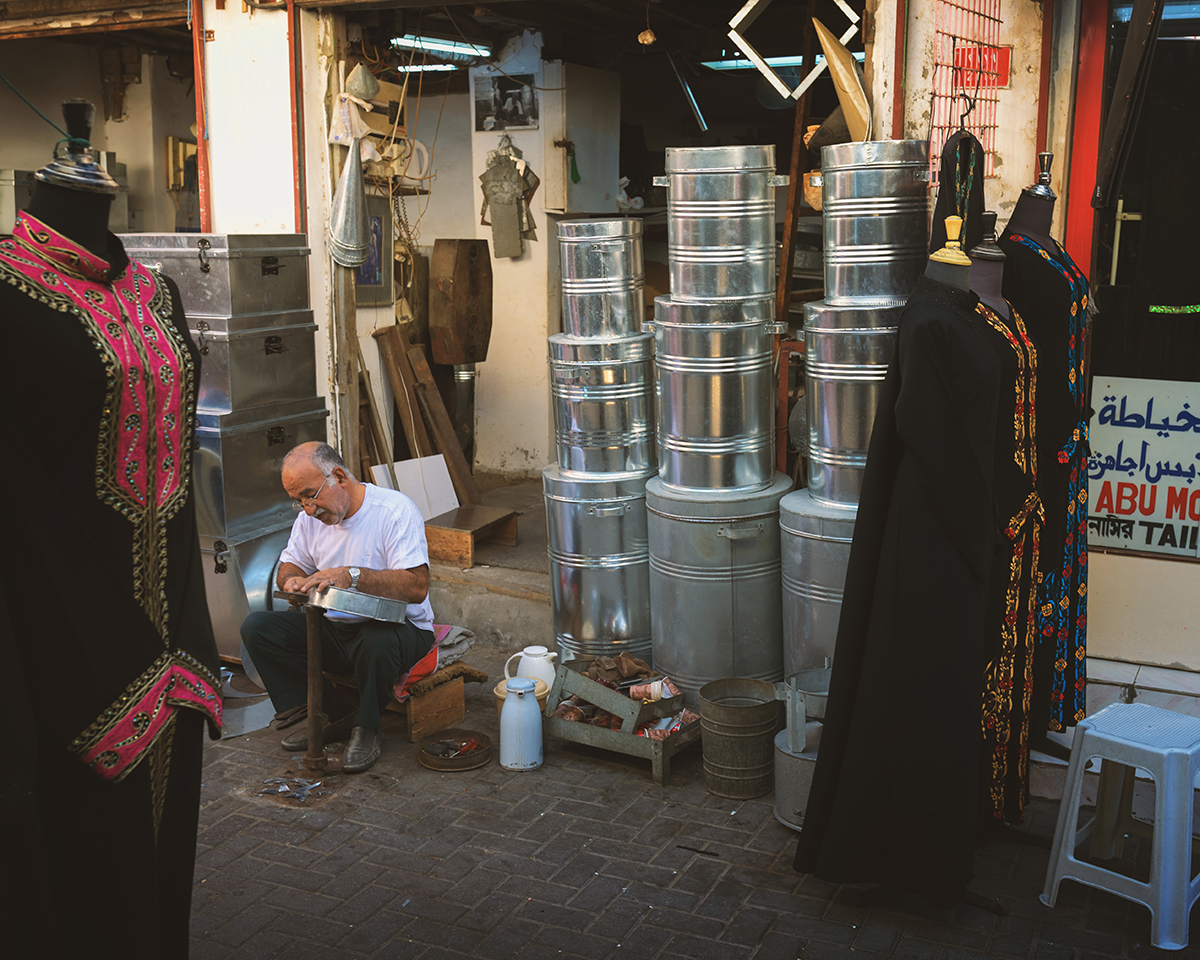




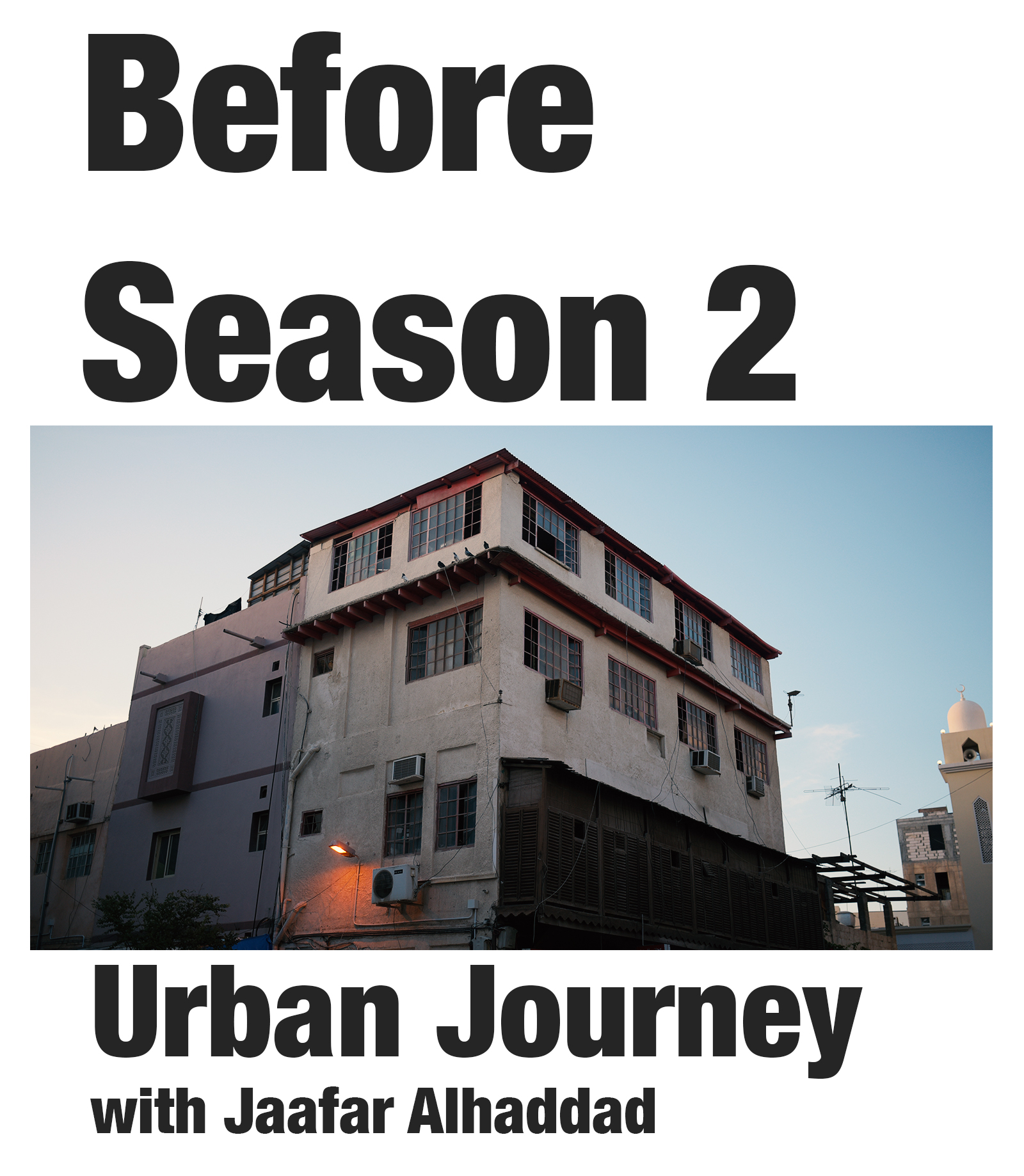
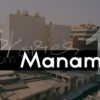

بداية جميلة ، خفيفة وذات قيمة ، أعني أن يتحدث جيل اليوم عن بقايا جيل الماضي ، أن يعطي شاب في هذا العصر أهمية لرجل يعيش في عالمه الصغير ، أو لنقول في الماضي ، ولكن منسي وحر في خياله كما يوَصِّف دويش .
ولو تكرمت عزيزي بأن توصف لي محل هذا الرجل الرائع ، وشكرا .